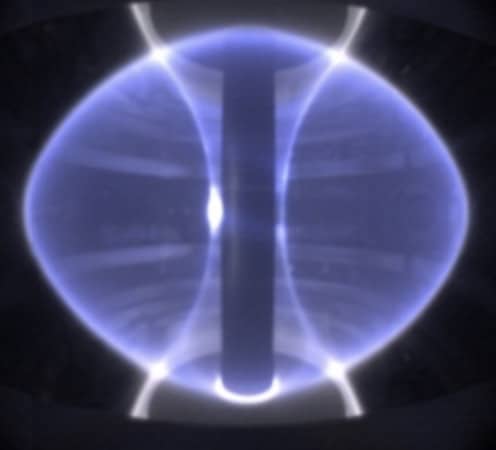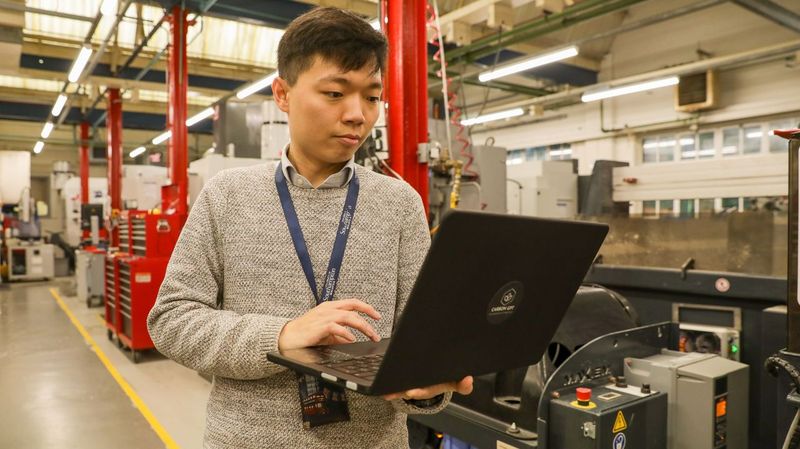IS-Instruments Ltd and Bristol university among six UKAEA contract winners

The university of Bristol was one of six organisations to receive a contract from the United Kingdom Atomic Energy Authority (UKAEA) to advance its fusion energy project.
The government body awarded the contracts worth a total of £9.6 million to three universities and three companies focusing on digital engineering and fusion fuel cycle development.
READ MORE: It's all systems go for UK’s £55 million fusion energy experiment
Under the fuel requirement section, Bristol's STRIDES project was awarded the contract. Studying Tritium in Diamond Energy Structures (STRIDES) is aimed at reducing fusion power plant fuel requirements by advanced production and handling technologies for hydrogen isotopes.
It aims to demonstrate a highly novel diamond-based tritium detector technology that can be deployed in the fusion fuel delivery system as well as the fusion machine walls to monitor tritium use in real-time and migration.
Meanwhile, Tonbridge, Kent, based IS-Instruments Ltd was also awarded a contract for its Gas Raman Detection of Tritium (GRADE) project.
The aim is to expand on the work conducted during GRADE phase 1 and continue the development of the Gas Raman technology, and to confirm its ability to successfully analyse for tritium.
Tim Bestwick, UKAEA's chief development officer, said: "There has been significant progress in the development of fusion science, engineering and technology, both in the UK and globally.
"These organisations have been awarded contracts to scale up their projects after successfully developing their technologies to the ‘proof of concept’ stage.
"The continued support from the Fusion Industry Programme will enable these fusion projects to be scaled up and contribute further to the growth of the global fusion powerplant market."
The contracts were awarded through the Fusion Industry Programme and build on those awarded in December last year.
The Fusion Industry Programme represents a crucial component of UKAEA’s pioneering efforts alongside academia, other research organisations, and the industrial supply chain to commercialise fusion energy technology.
The other four winners were Full Matrix, University of Manchester, AqSorption Ltd, University of Liverpool.

















